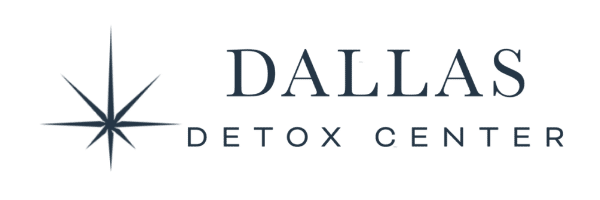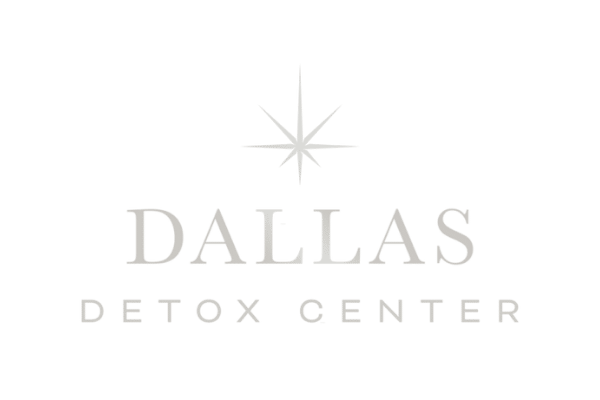If you or someone close to you is struggling with addiction or alcoholism, it’s important that you find the treatment you need. Over ninety percent of people struggling with addiction never get the help they need, whether that is no help at all or the wrong level of care.
A large part of this statistic is that people don’t know what to expect, and they might not understand that historical treatments that were less effective are no longer the cornerstone of treatment today. For others, there are concerns over stigma or cost, not realizing that access to modern addiction treatment is a federal right under all health insurance.
The Evolution of Addiction Treatment
Historically, treatment of things like alcoholism and drug addiction looked very different than they do today. Medical models and recovery-oriented systems of care have learned from the evolution of addiction treatment.
Historical Treatments for Addiction
Treatments have taken several forms throughout the centuries, starting with the acknowledgment of addiction, the attempted cure for addiction, the decision to criminalize addiction, and the modern medical model and recovery-oriented systems of care.
Seventeenth and Eighteenth Centuries
Around the time of our nation’s founding, alcoholism was identified as a disease by Benjamin Rush, a physician at the time. It wasn’t until the 18th and 19th centuries that alcoholism became a significant health problem across all levels of society, launching the temperance movement.
Around the same time, there were mutual aid movements that targeted alcoholism among minority populations, particularly Native American populations.
Nineteenth Century
These movements became specialized care from the mid to late 19th century, which looked much different. At this point in time, historical treatments didn’t necessarily use a medical model but instead created faith-based missions, as well as private addiction institutes.
There were several mountebanks who would promote fraudulent cures for addiction to morphine, laudanum, and opium.
Twentieth Century
At the start of the 20th century, the inebriated homes, private addiction institutes, and faith-based missions did not cure the Society of Addiction, so changes were made to criminalize the distribution and possession of addictive substances such as opiates and cocaine.
No longer were the goals focused on finding a cure or treatment but rather on letting those who struggled with what was considered a moral failing die out and leave society in peace.
Those who struggled with addiction were often arrested and held in drunk takes for local jails, sent to city hospitals or psychiatric asylums, or found themselves in inebriated penal colonies.
Late Twentieth and Twenty-First Centuries
Around the middle of the 20th century, Alcoholics Anonymous came about, and society focused heavily on changing the stigma associated with alcoholism and addiction, particularly in light of the high rates of heroin addiction among soldiers who had served in Vietnam.
Medical Model of Addiction
The new medical model has worked to challenge perceptions and understanding, particularly about recovery services, by deeming addiction a disease. By classifying addiction as a disease, more focus has been invested in treating it as a disease, learning the science behind drugs and alcohol and how they interact with brains and behavior, and providing comprehensive and evidence-based treatment options.
Recovery Oriented Systems of Care
The most recent change to historical treatments is the recovery-oriented systems of care, which serve as a coordinated network of services and support that can help individuals achieve lasting recovery. The recovery-oriented system of care is a person-centered form of support that builds on the strength of families, individuals, and communities.
This modern approach treats addiction as a crisis and a long-term journey to recovery that requires long-term services and support. This level of care is what you can expect when you reach out to Dallas Detox for help.
Get Treatment with Dallas Detox
We offer luxury treatment at our state-of-the-art drug and alcohol rehab facility. With semi-private rooms and an on-site client lounge, our residential programs make you feel at home.
We understand that clients need flexible services, especially people like executives or other groups who find it difficult to accommodate the treatment they need in and around other professional and personal responsibilities.
With our state-of-the-art treatment center, we start clients with detox and transition seamlessly into residential care with several forms of therapy that best fit individual circumstances, including dual diagnosis situations, cognitive behavioral therapy, and medication management.
Dallas Detox Center is a top-rated luxury drug and alcohol rehab center, offering luxury drug detox programs in Texas. Contact our admissions team today to learn more about how we can help with dual diagnosis treatment in Dallas, Texas.
Call us today at 817-904-2197 to learn more about our recovery-oriented systems of care.







